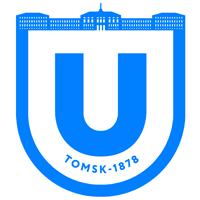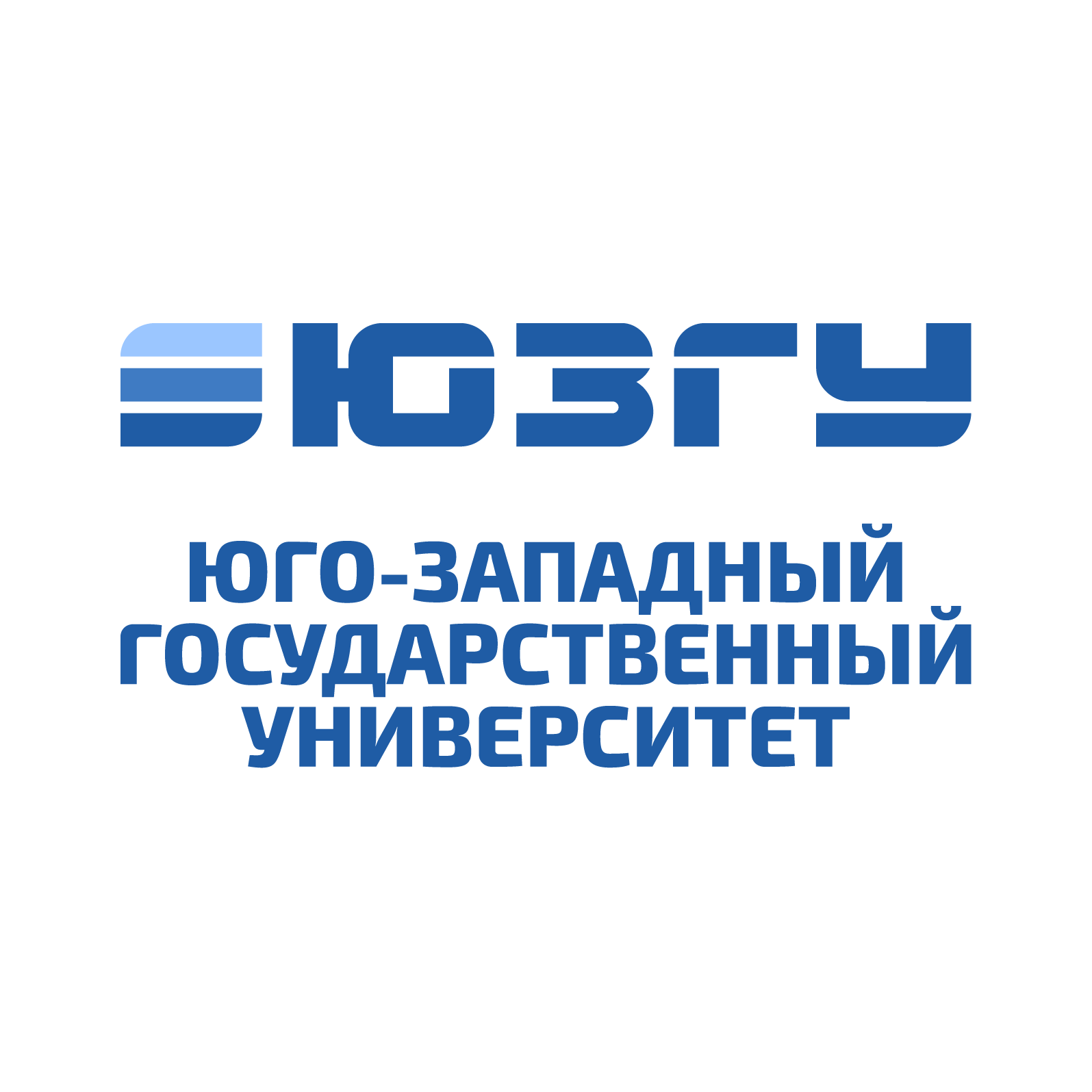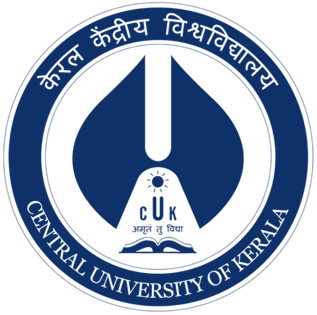Within the framework of the SMARTY-branded events, we are eager to welcome you on the Stochastic Modeling and Applied Research of Technology (SMARTY) Youth Camp 2023, to be held in Petrozavodsk, Karelia, one of the beautiful places in the North-West Russia, on August 21-25, 2023.
Key focus:
The Youth Camp is dedicated to students and young researchers primary focusing on queueing theory, stochastic modeling and applied probability. This year, following the SMARTY'22 workshop key focus areas, we expect to have an exclusive series of tutorials on quantum programming. We expect intensive lectures, tutorials, and hands-on practices to inspire young researchers in those fields.
Schedule is available and updated.
Register now by sending us an email.
Contacts:
Secretary: Alexander Rumyantsev, IAMR KRC RAS, Petrozavodsk, Russia
Workshop email: smarty.karelia@yandex.ru








